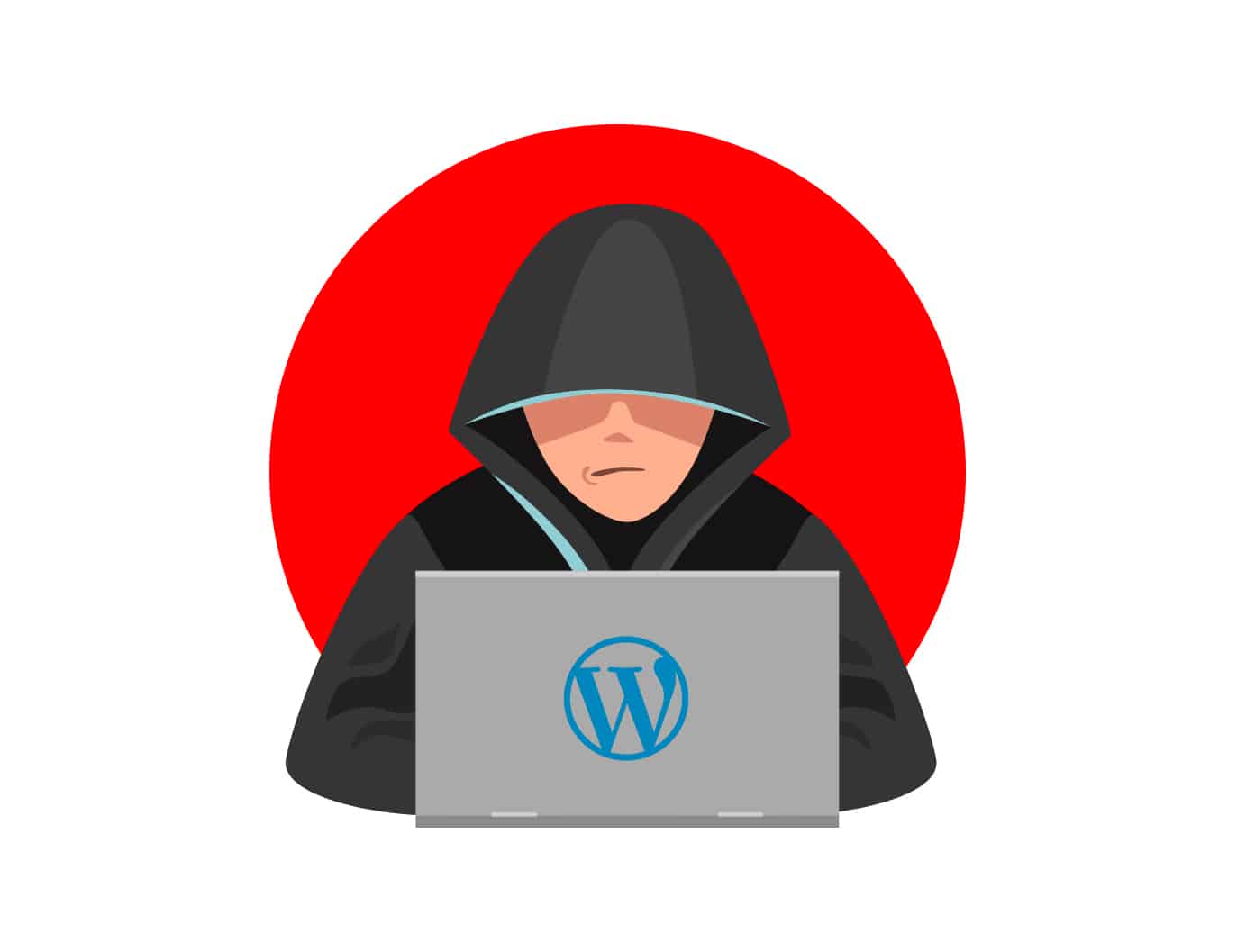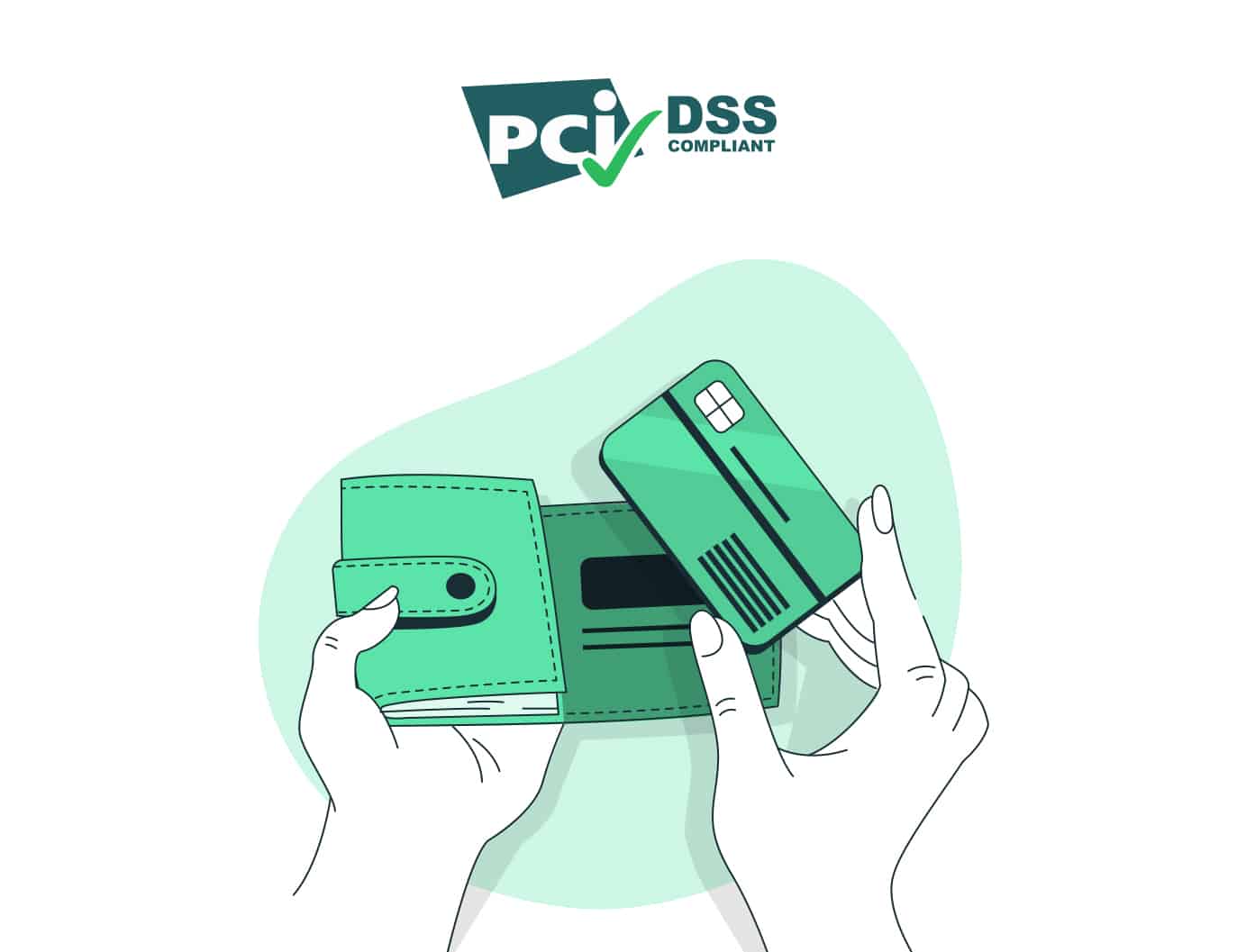25/10/2022
Explanation of the different common techniques for hacking WordPress sites
Your website is created, set up and ready for action! Everything seems perfect in the best of worlds. But then you realize something, the protection of your WordPress site is not very clear or worse, not set up. So that you are aware of the different techniques that could be the reason for hacking your website, here is a top 5 of the different common techniques for hacking WordPress sites!

Infested plugins
While customizing your WordPress site, you probably had to use plugins, regardless of their function. Well, caution is advised! There have been reports of hackers using weak plugins to slip scripts onto your site. This makes it possible for them to create fake administrator accounts to manage your site as they wish or to create fake pop-ups to trick your visitors.
Administrator access
We are talking about a human loophole. Hackers will use a method called “brute force”. This is supposed to be simple: try pairs of usernames and passwords. Hackers can do this manually (which can be time-consuming, let’s face it) or automatically using bots that try several possible combinations. These are very effective techniques when the password is weak, so be careful and remember to limit the number of attempts to log in!
In parallel to this, FTP and database access must also be secured as much as possible. If a hacker gains access to the server, he or she gains access to all the files! It is therefore essential to opt for “strong” passwords and not to give access to users who do not need it.
Unsecured files
Files that are not secured are an open door for hackers to get what they want. The files that should be secured first are the “wp-config.php” and the “.htaccess”. They are extremely important, as they are the gateway to many features.
Updating your website
Updating your extensions and your WordPress site as soon as the new update is released is an essential step that you should be in the habit of doing. Hackers can go through old versions with still active and known vulnerabilities. So be sure to update everything!
Tip: Hide your WordPress version number with the readme.html. Hackers can easily find out how to hack your site based on your version.
No SSL Certificate
The importance of having an SSL certificate should not be overlooked! It will guarantee your security and that of your users online. Confidential information such as credit card data or user accounts will be protected. In addition, such a certificate will establish data security between servers.
Conclusion
Has your website been hacked or do you simply want to optimise its security? Don’t panic, we are here to help you. Just contact us!
See more articles

The PCI/DSS standard is much talked about, but what does it mean?
The PCI/DSS standard, to get straight to the point, is the Payment Card Industry Data Security Standard (hence the name PCI DSS). It is a data security standard. It is th…
